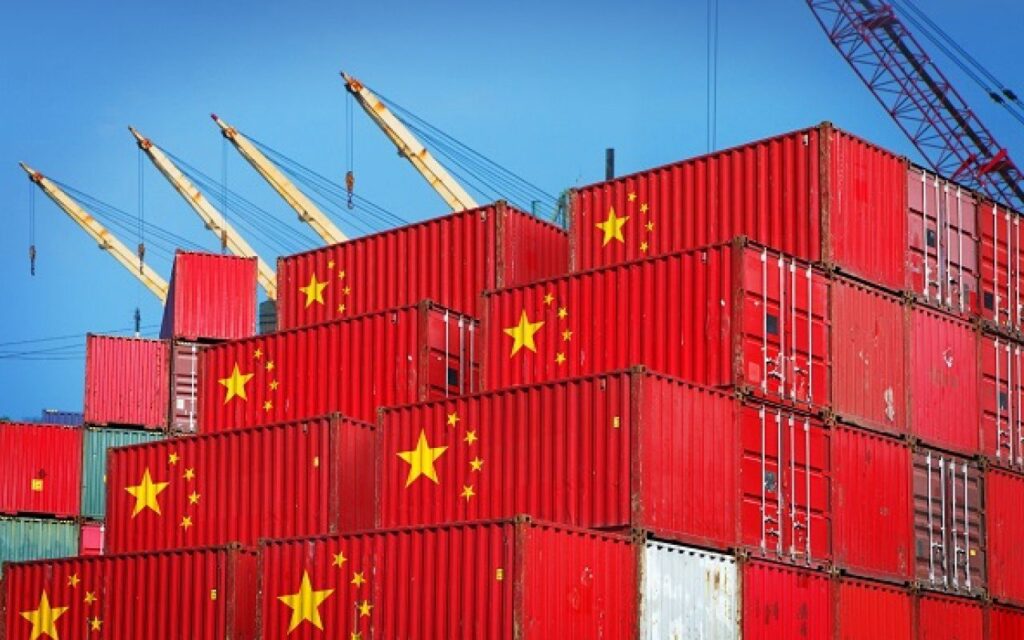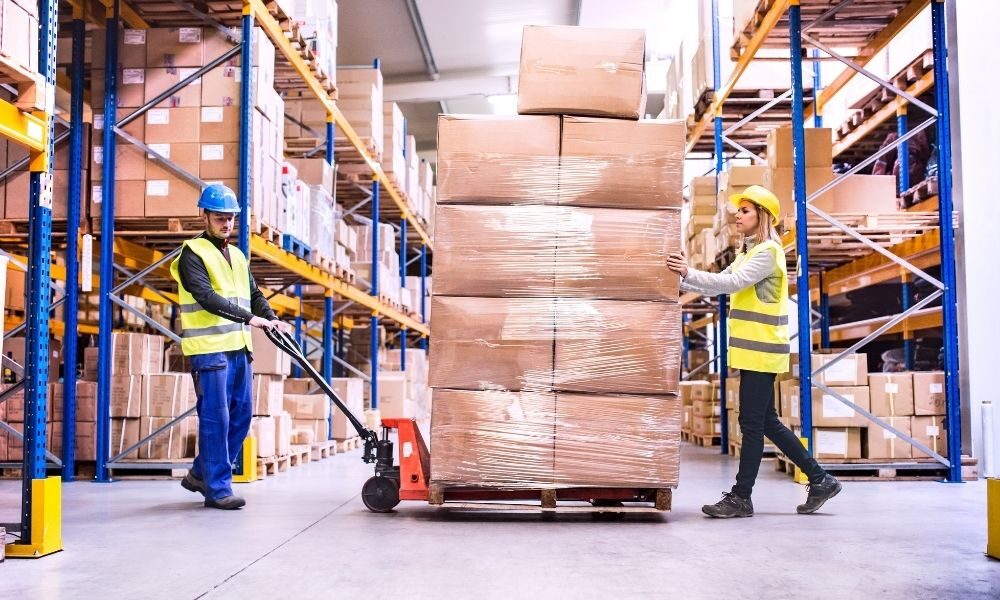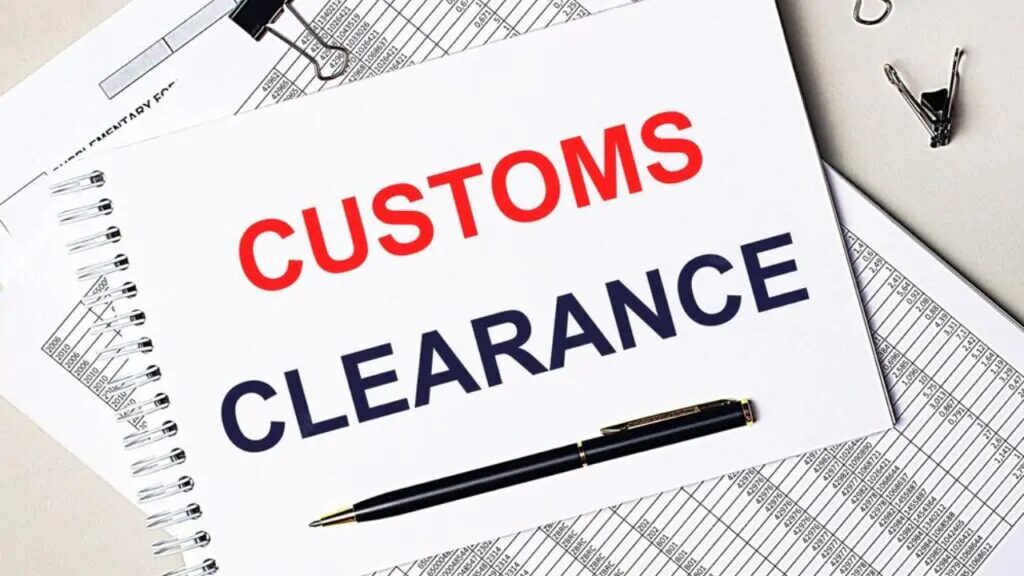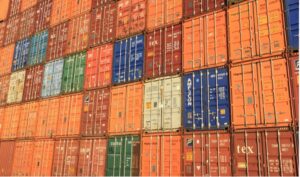China is one of the world’s largest exporters of goods, offering a wide range of products at competitive prices. Many UK businesses and entrepreneurs are interested in sourcing and importing from China, as it can help them reduce costs, increase profits, and gain a competitive edge in their markets.
However, importing from China to the UK is not a simple or straightforward process. It involves many steps, challenges, and risks that need to be carefully considered and managed. In this article, we will provide some basic information and tips on how to import from China to the UK successfully and safely.
Benefits of sourcing and importing from China

There are many benefits of sourcing and importing from China, such as:
- Lower prices: China has a large and efficient manufacturing sector, which can produce goods at lower costs than many other countries. This means that you can save money on your purchases and increase your profit margins.
- Higher quality: China has improved its quality standards and regulations over the years, and many Chinese suppliers can offer high-quality products that meet or exceed international standards. You can also request samples, inspections, and certifications to ensure the quality of your goods.
- More variety: China has a diverse and innovative product range, which can cater to different needs and preferences of customers. You can find almost anything you want in China, from electronics and clothing to furniture and machinery. You can also customize your products according to your specifications and requirements.
- More opportunities: China has a huge and growing market, which can offer more opportunities for your business. You can access new customers, suppliers, and partners in China, and expand your network and influence. You can also learn from the best practices and trends in the Chinese market, and adapt your strategies accordingly.
Potential challenges and how to overcome them

Despite the benefits, importing from China to the UK also comes with some challenges and risks, such as:
- Language and cultural barriers: China has a different language and culture than the UK, which can cause misunderstandings and miscommunication. You may also encounter different business etiquette, norms, and expectations in China, which can affect your relationship and trust with your suppliers. To overcome this challenge, you should learn some basic Chinese phrases and customs, and use professional translators and interpreters when necessary. You should also be respectful, patient, and flexible when dealing with your Chinese counterparts, and try to build a long-term and mutually beneficial relationship with them.
- Legal and regulatory issues: China and the UK have different laws and regulations regarding trade, taxation, intellectual property, and consumer protection. You need to comply with both sets of rules when importing from China to the UK, and avoid any legal disputes or penalties. To overcome this challenge, you should do your homework and research the relevant laws and regulations in both countries, and consult with experts and authorities when in doubt. You should also protect your intellectual property rights by registering your trademarks, patents, and designs in both countries, and enforcing them when needed.
- Logistical and operational difficulties: Importing from China to the UK involves many logistical and operational steps, such as finding and verifying suppliers, negotiating contracts, placing orders, arranging payments, shipping and delivery, clearing customs, and handling returns and complaints. Each step can pose some difficulties and delays, which can affect your time, money, and reputation. To overcome this challenge, you should plan ahead and prepare for every scenario, and use reliable and reputable service providers, such as agents, freight forwarders, and couriers, to help you with the process. You should also monitor and track your shipments, and communicate regularly with your suppliers and service providers.
Researching and identifying profitable products
One of the most important steps in importing from China to the UK is researching and identifying profitable products. You need to find products that have a high demand and low competition in your target market, and that can generate a good return on your investment. You also need to consider the feasibility and suitability of importing those products from China to the UK, and the potential risks and challenges involved.
Some of the factors that you should consider when researching and identifying profitable products are:
- Market research: You should conduct market research to understand the needs, preferences, and trends of your customers, and the gaps and opportunities in your market. You can use various methods and sources, such as surveys, interviews, focus groups, online platforms, trade shows, magazines, and reports, to gather and analyze market data and insights.
- Product research: You should conduct product research to find out what products are available and popular in China, and how they compare to the products in your market. You can use various methods and sources, such as online marketplaces, directories, catalogs, websites, blogs, reviews, and samples, to discover and evaluate products and suppliers in China.
- Product selection: You should select products that match your market research and product research results, and that meet your criteria and goals. You should consider factors such as product quality, price, margin, demand, competition, differentiation, niche, seasonality, and scalability, when choosing your products. You should also test and validate your products before importing them, by ordering samples, requesting feedback, and conducting market trials.
Finding reliable suppliers in China

Another important step in importing from China to the UK is finding reliable suppliers in China. You need to find suppliers that can provide you with the products that you want, at the quality that you expect, and at the price that you can afford. You also need to find suppliers that are trustworthy, professional, and responsive, and that can deliver your orders on time and without any issues.
Some of the factors that you should consider when finding reliable suppliers in China are:
- Supplier research: You should conduct supplier research to find out who are the potential suppliers that can offer you the products that you want, and how they rank and compare in terms of reputation, performance, and service. You can use various methods and sources, such as online platforms, directories, databases, referrals, trade shows, and visits, to identify and verify suppliers in China.
- Supplier selection: You should select suppliers that match your supplier research results, and that meet your criteria and expectations. You should consider factors such as supplier type, size, location, experience, certification, specialization, capacity, quality, price, payment, delivery, and communication, when choosing your suppliers. You should also check and verify your suppliers’ credentials, references, and samples, before finalizing your decision.
- Supplier relationship: You should establish and maintain a good relationship with your suppliers, and treat them as your partners and allies. You should communicate clearly and frequently with your suppliers, and set realistic and mutually agreed expectations and terms. You should also monitor and evaluate your suppliers’ performance and feedback, and provide incentives and recognition for their good work. You should also resolve any issues and disputes with your suppliers amicably and promptly.
Negotiating pricing and terms with suppliers

Once you have selected your suppliers, you need to negotiate pricing and terms with them. You need to negotiate a fair and reasonable deal that can benefit both parties, and that can protect your interests and rights. You also need to negotiate in a respectful and professional manner, and avoid any conflicts or misunderstandings.
Some of the factors that you should consider when negotiating pricing and terms with suppliers are:
- Pricing strategy: You should have a pricing strategy that can help you determine your target price, your minimum price, and your maximum price, based on your product research, market research, and budget. You should also consider the costs and fees involved in importing from China to the UK, such as shipping, insurance, taxes, duties, and tariffs, when calculating your pricing. You should also research the average and market prices of your products, and compare them with your suppliers’ prices, to have a better bargaining position.
- Negotiation skills: You should have negotiation skills that can help you communicate effectively and persuasively with your suppliers, and achieve your desired outcomes. You should also be aware of the cultural differences and nuances in negotiation styles and tactics between China and the UK, and adapt accordingly. Some of the negotiation skills that you should have are: preparation, research, rapport, listening, questioning, persuasion, compromise, and closing.
- Contract terms: You should have contract terms that can specify and clarify the details and conditions of your agreement with your suppliers, and that can prevent any disputes or problems in the future. You should also have contract terms that can protect your rights and interests, and that can enforce your obligations and responsibilities. Some of the contract terms that you should have are: product specifications, quality standards, payment methods, delivery terms, inspection procedures, warranty policies, dispute resolution mechanisms, and termination clauses.
Quality control and product testing

After you have negotiated and signed your contract with your suppliers, you need to ensure that the quality of your products meets your expectations and standards, and that they are safe and compliant with the UK regulations. You need to conduct quality control and product testing throughout the production and delivery process, and identify and correct any defects or errors before they reach your customers.
Some of the factors that you should consider when conducting quality control and product testing are:
- Quality assurance: You should have quality assurance measures that can help you prevent and reduce the occurrence of quality issues, and that can ensure the consistency and reliability of your products. You should also have quality assurance measures that can help you monitor and improve the quality of your suppliers’ production processes, and that can ensure their adherence to your quality standards and requirements.
- Quality inspection: You should have quality inspection procedures that can help you detect and correct any quality issues, and that can verify the conformity and compliance of your products. You should also have quality inspection procedures that can help you ensure the accuracy and completeness of your orders, and that can prevent any losses or damages during transit. Some of the quality inspection procedures that you should have are: pre-production inspection, during-production inspection, pre-shipment inspection, container loading inspection, and post-delivery inspection.
- Product testing: You should have product testing methods that can help you assess and measure the performance, functionality, and safety of your products, and that can demonstrate their suitability and compatibility with the UK market. You should also have product testing methods that can help you obtain and provide the necessary certifications and approvals for your products, and that can prove their compliance with the UK standards and regulations. Some of the product testing methods that you should have are: laboratory testing, field testing, user testing, and certification testing.
Shipping and logistics considerations

After you have ensured the quality and compliance of your products, you need to arrange the shipping and logistics of your orders from China to the UK. You need to choose the best shipping method, service provider, and route for your products, and that can meet your budget, time, and safety requirements. You also need to prepare the necessary shipping documents and labels, and track and manage your shipments until they reach your destination.
Some of the factors that you should consider when arranging shipping and logistics are:
- Shipping method: You should choose the shipping method that suits your products, volume, weight, and urgency. You can choose between air freight, sea freight, rail freight, or a combination of them, depending on your needs and preferences. Each shipping method has its own advantages and disadvantages, such as cost, speed, reliability, and environmental impact, which you should weigh carefully before making your decision.
- Shipping service provider: You should choose the shipping service provider that can offer you the best service, price, and coverage for your products. You can choose between express couriers, freight forwarders, or shipping agents, depending on your needs and preferences. Each shipping service provider has its own strengths and weaknesses, such as expertise, experience, network, and customer service, which you should compare and evaluate before making your decision.
- Shipping route: You should choose the shipping route that can optimize the efficiency, security, and convenience of your shipments. You can choose between direct or indirect routes, depending on your needs and preferences. Each shipping route has its own benefits and risks, such as transit time, transit points, customs clearance, and political stability, which you should consider and monitor before making your decision.
Customs and import regulations in the UK

The final step in importing from China to the UK is clearing customs and complying with the import regulations in the UK. You need to pay the necessary taxes, duties, and fees for your products, and provide the required documents and certificates for your products. You also need to follow the rules and standards of the UK market, and ensure the safety and legality of your products.
Some of the factors that you should consider when clearing customs and complying with the import regulations in the UK are:
- Taxes and duties: You should pay the taxes and duties that apply to your products, based on their value, origin, and classification. You should also pay the value-added tax (VAT) that applies to your products, based on the type, price, and quantity of your products. You should also pay the customs handling fee that applies to your products, based on the mode and cost of your shipping. You should also claim any reliefs or exemptions that apply to your products, such as preferential rates, free trade agreements, or low-value consignments.
- Documents and certificates: You should provide the documents and certificates that prove the identity, origin, and compliance of your products, and that facilitate the clearance and inspection of your products. You should also provide the documents and certificates that prove the payment, ownership, and delivery of your products, and that facilitate the tracking and management of your products. Some of the documents and certificates that you should provide are: commercial invoice, packing list, bill of lading, certificate of origin, certificate of conformity, and import declaration.
- Rules and standards: You should follow the rules and standards that govern the quality, safety, and performance of your products, and that protect the health, environment, and rights of your customers. You should also follow the rules and standards that govern the labeling, packaging, and marketing of your products, and that inform and educate your customers. Some of the rules and standards that you should follow are: CE marking, RoHS directive, WEEE directive, REACH regulation, and consumer rights act.





